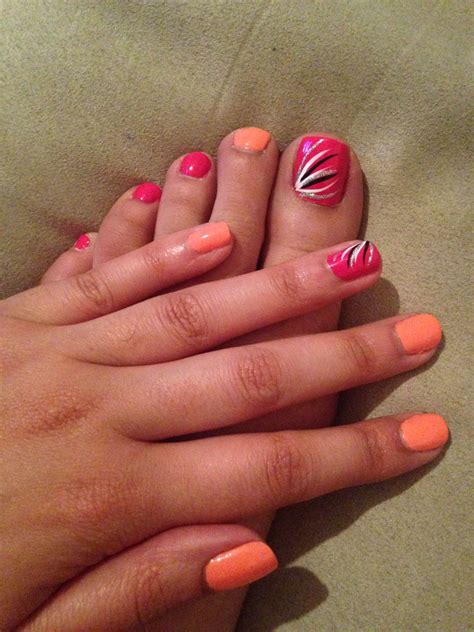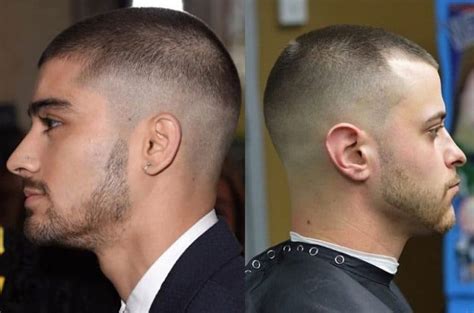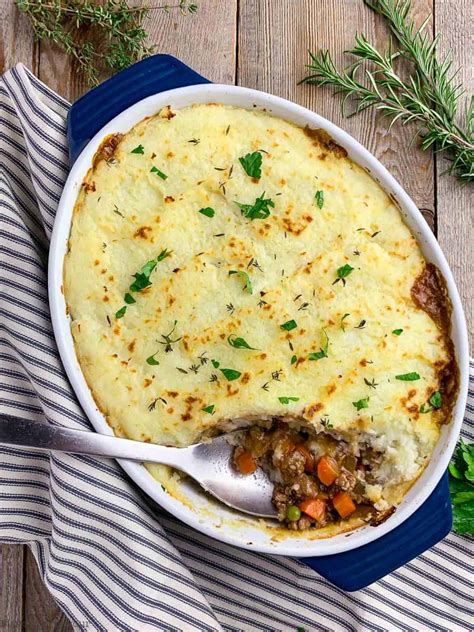Discover how hormonal changes, infections, and nutrition affect nail health. Learn safe nail care practices for strong, healthy nails.
Concerns about Nail Health
Contents
During pregnancy, it’s common for women to experience changes in their nail health. One of the main concerns is brittle and weak nails. Hormonal changes can lead to decreased moisture levels in the nails, making them more susceptible to breakage and brittleness. It’s important to pay attention to the changes in your nails and take steps to keep them healthy.
Another concern is fungal infections. Pregnancy can weaken the immune system, making you more vulnerable to nail infections. This is why it’s crucial to practice good nail hygiene and keep your nails clean and dry. Avoiding exposing your nails to harsh chemicals and keeping them trimmed can also help prevent infections.
Furthermore, nutritional needs play a significant role in nail health. Deficiencies in certain vitamins and minerals, such as biotin, iron, and zinc, can lead to brittle nails. It’s essential to maintain a balanced diet and possibly consider taking supplements recommended by your healthcare provider to support nail strength and overall health during pregnancy.
Lastly, safe nail care practices are essential to avoid causing damage to the nails. Frequent manicures and pedicures, improper nail trimming, and using toxic nail products can all harm your nails. Always opt for gentle and natural nail care products and be cautious with nail polish removers and acrylic nails during pregnancy.
Impact of Hormonal Changes
During pregnancy, the body undergoes significant hormonal changes to support the growing fetus. These changes can have a direct impact on the health and strength of the nails. The increase in hormone levels, particularly estrogen and progesterone, can lead to changes in the texture and growth rate of the nails. This may result in brittle, weak, or easily breakable nails, making them more susceptible to damage and infections.
Furthermore, hormonal fluctuations during pregnancy can also affect the body’s ability to absorb and utilize essential nutrients, such as biotin and iron, which are crucial for maintaining healthy nails. As a result, pregnant individuals may experience deficiencies that can further weaken the nails and contribute to issues such as brittleness and slow growth.
It is important for expectant mothers to be mindful of these hormonal changes and their potential impact on nail health. Taking proactive measures to support nail strength and resilience, such as incorporating a balanced diet rich in essential vitamins and minerals, can help mitigate the effects of hormonal fluctuations.
In addition to nutritional support, safe nail care practices, such as keeping the nails trimmed and moisturized, can aid in maintaining overall nail health during pregnancy. By understanding the influence of hormonal changes on nail health and implementing appropriate care strategies, expectant mothers can minimize the risk of nail-related issues and promote healthier, stronger nails.
Risks of Nail Infections
When it comes to nail health, one of the most important factors to consider is the risk of nail infections. Nail infections can occur as a result of various factors such as trauma to the nail, exposure to fungi or bacteria, or underlying health conditions. Proper nail care is crucial in preventing nail infections, as neglecting nail hygiene can increase the risk of developing infections.
There are several types of nail infections that individuals may be susceptible to, including fungal infections, bacterial infections, and viral infections. Fungal nail infections, also known as onychomycosis, are among the most common types of nail infections and can lead to nail discoloration, brittleness, and thickening. Bacterial nail infections can result from injury to the nail or surrounding skin, and can cause pain, swelling, and pus. Viral nail infections, such as warts, can also affect the nails and surrounding skin, leading to discomfort and cosmetic concerns.
Individuals with compromised immune systems, circulation problems, or diabetes may be at a higher risk of developing nail infections. Additionally, frequent exposure to moisture, such as from swimming or sweating, can also increase the likelihood of nail infections. Inadequate nail hygiene, such as sharing nail clippers or wearing tight-fitting shoes, can also contribute to the risk of developing nail infections.
Recognizing the signs of a nail infection and seeking prompt treatment is essential in preventing the infection from worsening and causing further damage to the nail and surrounding tissue. Treatment for nail infections may include topical or oral antifungal medications, antibiotics, or surgical intervention in severe cases. In addition to treatment, implementing proper nail care practices such as keeping the nails clean and trimmed, wearing moisture-wicking socks, and avoiding sharing nail tools can help reduce the risk of nail infections.
Overall, understanding the risks of nail infections and taking proactive steps to maintain healthy nail hygiene is crucial in preventing the development of nail infections. By staying vigilant and prioritizing nail health, individuals can minimize the risk of nail infections and preserve the overall health and appearance of their nails.
Nutritional Needs for Nail Strength
When it comes to maintaining strong and healthy nails, nutrition plays a crucial role. With the right nutritional balance, you can ensure that your nails are not only strong, but also smooth and free from ridges or discoloration. A diet that is rich in essential nutrients can promote nail strength and growth, while also preventing common issues such as brittleness and breakage.
One of the most important nutrients for nail strength is protein. Protein helps in building and repairing tissues, including the cells in the nails. Ensure that your diet includes an adequate amount of protein-rich foods such as lean meat, fish, eggs, dairy products, and legumes.
In addition to protein, biotin is another nutrient that is essential for nail health. Biotin is a B vitamin that is known for its role in promoting nail growth and strength. You can find biotin in foods such as eggs, nuts, whole grains, and certain vegetables.
Furthermore, incorporating iron into your diet is important for nail health, as iron deficiency can lead to brittle and spoon-shaped nails. Foods such as red meat, spinach, lentils, and fortified cereals are excellent sources of iron that can help in maintaining the strength and health of your nails.
Safe Nail Care Practices
When it comes to taking care of your nails, it is important to prioritize safety to avoid potential harm. One key practice to follow is to always use clean and sterilized tools when grooming your nails. This helps to minimize the risk of infections and irritations that can occur when using dirty or contaminated equipment.
Additionally, it is crucial to avoid aggressive filing or cutting of the nails, as this can lead to damage and weakening of the nails. Instead, opt for a gentle approach and use moisturizing products to keep the nails hydrated and healthy.
Furthermore, it is advisable to give the nails a break from nail polish and artificial nails from time to time to prevent discoloration and brittleness. This allows the nails to breathe and recover from potential chemical exposure.
Finally, always be cautious when getting professional nail treatments at salons. Ensure that the salon follows proper hygiene and safety protocols to protect your nails from infections and damage. By adopting these safe nail care practices, you can maintain the health and strength of your nails.













